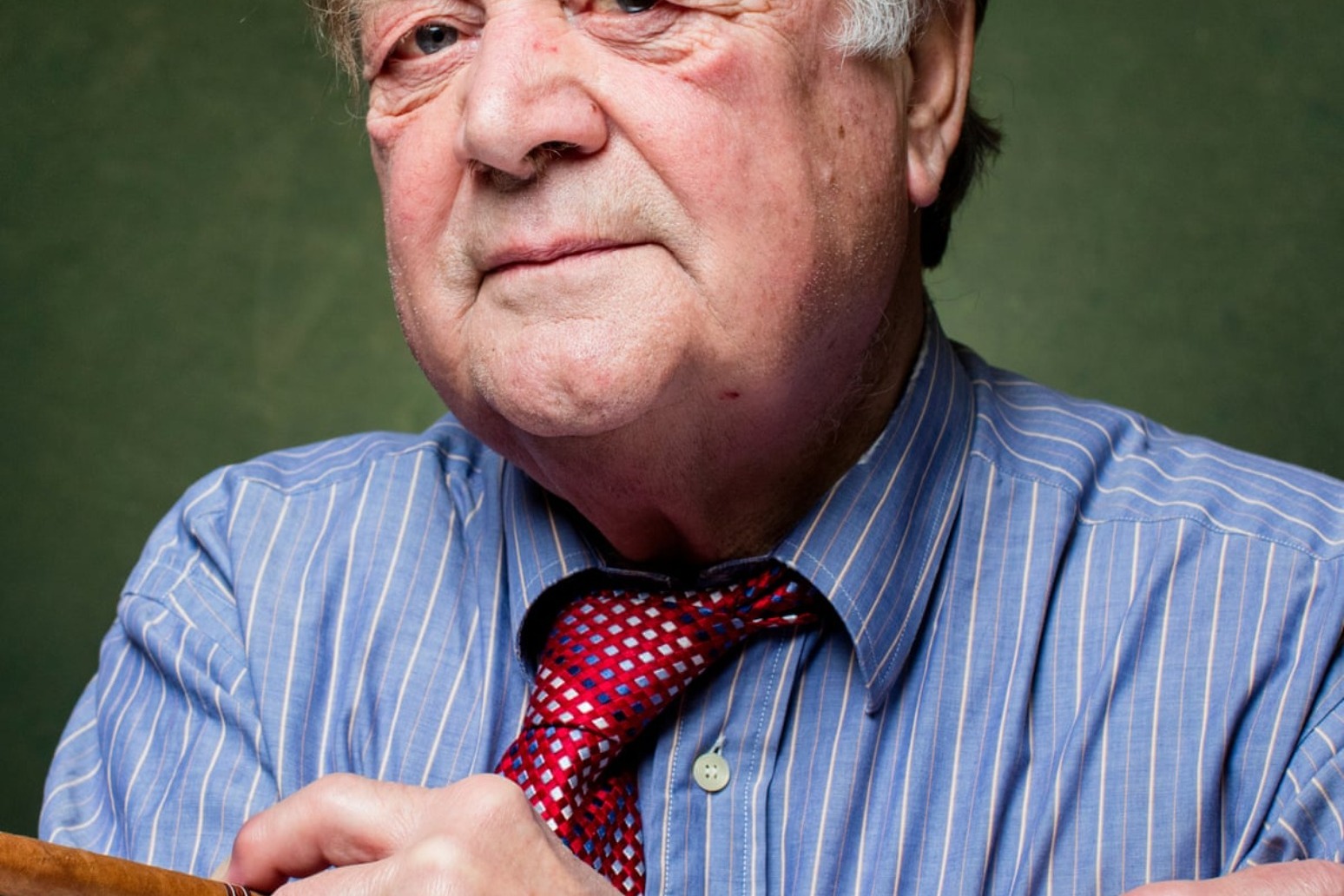
Ken Clarke tells Sunak to consider tax hikes to repair finances from Covid.
Conservative former chancellor Lord Ken Clarke has urged Rishi Sunak to consider hiking taxes in his Budget .
Conservative former chancellor Lord Ken Clarke has urged Rishi Sunak to consider hiking taxes in his Budget next week to repair the public finances ravaged by the coronavirus pandemic.
The Tory grandee told the Chancellor on Saturday that he “must look at” raising VAT, national insurance and income tax. Increasing any of them would tear up a key manifesto pledge.
Mr Sunak is under vast pressure to continue the emergency support packages to prevent waves of job losses and business closures, but has said he plans to “level with people” during his Commons speech on Wednesday.
The Government is bracing for the possibility of a rebellion from Tory MPs over any tax rises, with backbenchers being warned they could be kicked out of the parliamentary party if they vote against the Budget.
Mr Sunak issued a warning about the scale of the damage caused by the pandemic, suggesting he could use the Budget to begin making hard decisions to repair public finances.
He told the Financial Times there are “enormous strains” and the UK is “exposed” to changes in the currently low interest rates, with a rise of 1% worth £25 billion a year to servicing the debt in the wake of vast spending to sure up the economy.
“We went big, we went early, but there is more to come and there will be more to come in the Budget. But there is a challenge and I want to level with people about the challenge,” Mr Sunak said.
Ahead of his set-piece speech, the Chancellor has announced a series of policies including a mortgage guarantee scheme aimed at helping aspiring homeowners with small deposits onto the property ladder and firing up the market.
Lord Clarke, who led the Treasury under Sir John Major, said tax rises must be considered with “more debt piling up” in the face of a “financial crisis” if interest rates rise.
“Sensible people know in their bones that all this emergency Government spending is going to have to be paid for and is going to be a burden on them,” Lord Clarke told BBC Radio 4’s Today programme.
“The manifesto you refer to was written by a couple of apparatchiks in the office halfway through the campaign.”
The Tory grandee, who led the Treasury under Sir John Major, said it would be “quite sensible” to look at raising corporation tax with it being at “quite unnaturally low levels”.
Among the wings of the Conservative party where friction could come from is the Northern Research Group of around 65 MPs, some of whom helped secure Mr Johnson’s majority by turning former Labour strongholds blue.
One member, the Carlisle MP John Stevenson, suggested the Chancellor should wait until the autumn before winding up support packages and even then he should continue stimulating the economy through the “levelling-up” agenda.
“We’re not through the pandemic yet, we’ve still got a few months to go, so we want to see continuing support and we’ll probably have a much better idea of where the economy is come the autumn,” he told Today.
“As soon as we can get back to that levelling-up agenda which we were all elected on in 2019, we believe that in the north we have a major contribution to make to the recovery.”
Among the measures he wants extended is the £20 weekly uplift to Universal Credit, but he also said it is “too early” for tax rises, adding: “The way out of this is to actually grow the economy.”
Stimulus plans include a mortgage guarantee scheme based on Help to Buy that will incentivise lenders to provide mortgages to first-time buyers, and current homeowners, with just 5% deposits to buy properties worth up to £600,000.
Funding for the post-Brexit UK Infrastructure Bank will start with £12 billion of capital and a further £10 billion in Government guarantees.
Mr Sunak will task the bank with delivering “world-class infrastructure” by investing in sectors such as renewable energy, carbon capture and storage and transportation, and providing low-rate loans to mayors and councils to fund projects.
Under the “plan for jobs”, he will also commit £126 million to create 40,000 additional traineeships in England and offer cash incentives for employers who take on an apprentice to £3,000.
But unpopular moves must follow at some point, with suggestions he will deny NHS staff a pay rise despite their year of toil on the frontline of the Covid-19 crisis.
Conservative former prime minister David Cameron has argued that tax rises “wouldn’t make any sense at all” as the nation opens back up from lockdown, with reports officials are considering plans to increase corporation tax from 19% to 25%.
Labour leader Sir Keir Starmer has also said that “now is not the time” for tax increases.
Published: by Radio NewsHub